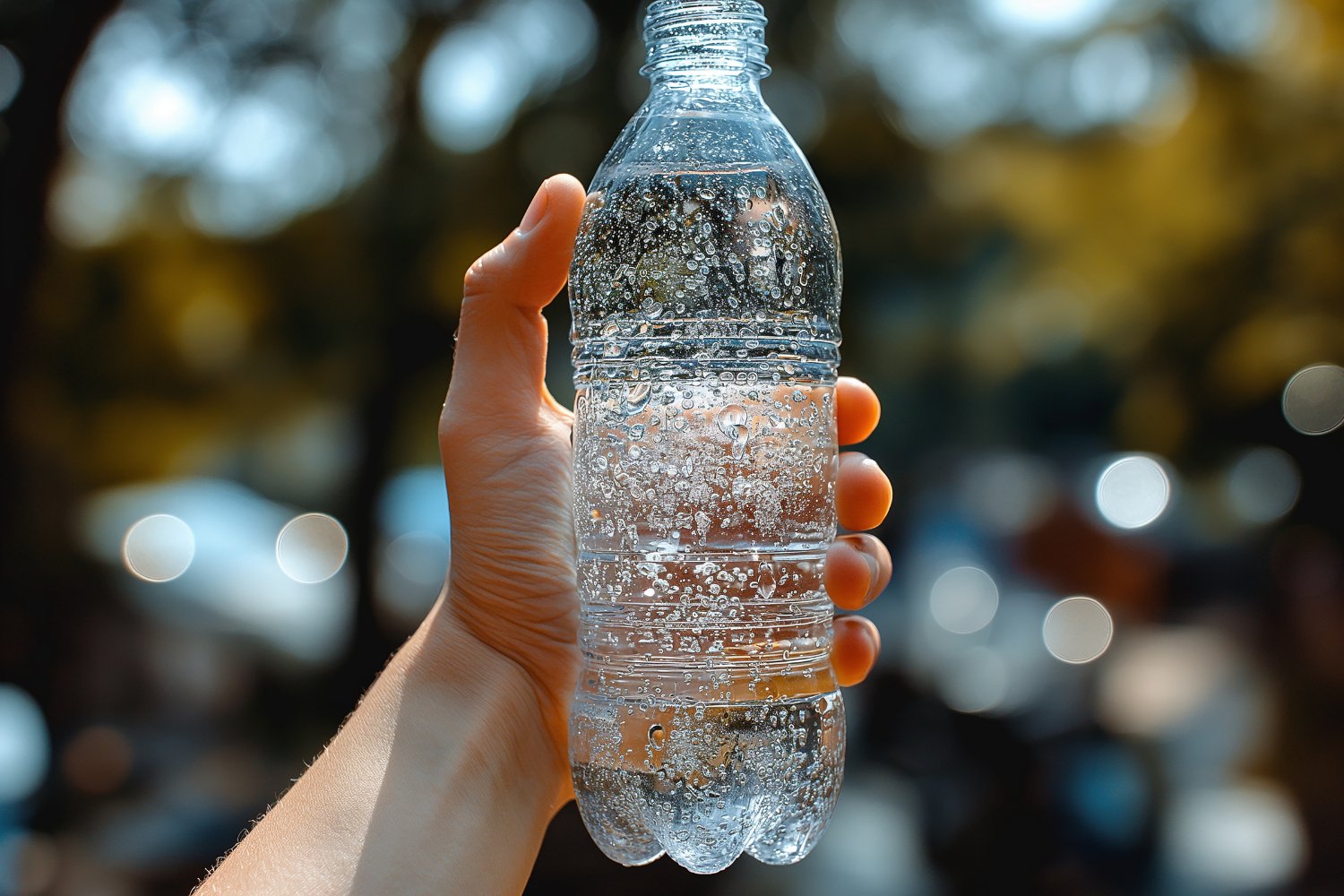Many people on a low carb diet or ketogenic diet reach for a low carb electrolyte drink to stay hydrated and keep essential electrolytes balanced, especially during exercise or when following a keto diet. These drinks are often formulated with sodium, potassium, and magnesium, which are minerals commonly lost through sweat, but some products marketed as keto friendly still contain sugar, artificial sweeteners, citric acid, or other additives that may affect blood sugar or overall health.
This guide breaks down the most common myths about electrolyte drink ingredients, shows how to spot hidden carbs or fillers, and shares what to look for if you want a clean, sugar free option that supports hydration without sweeteners or other additives.
What Is a Low-Carb Electrolyte Drink?
A low carb electrolyte drink is designed to replace essential electrolytes like sodium, potassium, magnesium, and calcium without adding unnecessary carbs. These drinks skip added sugar, maltodextrin, and other high-carb fillers, keeping net carbs low.
Some may have minimal carbs from natural flavorings or ingredients like lemon juice or apple cider vinegar. The goal is to help you stay hydrated, support muscle function, and avoid blood sugar spikes while following a keto diet, low carb diet, or other carb-restricted eating plan.
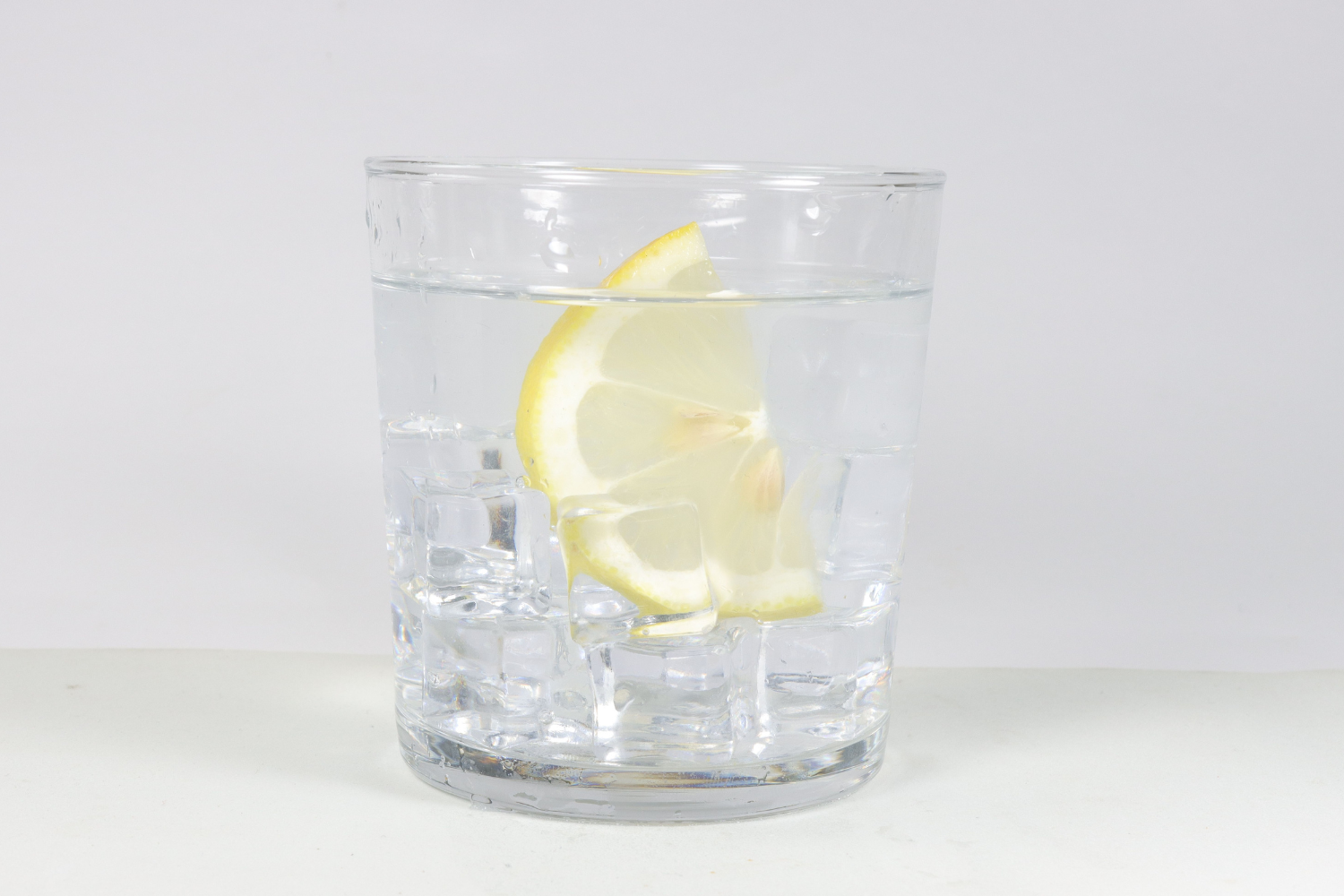
Who Uses Low-Carb Electrolyte Drinks?
Low carb electrolyte drinks are a go-to for people who want more electrolytes without the sugar and calories found in many sports drink options. They help maintain hydration, energy, and muscle function during workouts or daily activities.
They’re especially popular with keto, carnivore, intermittent fasting, and paleo followers, as well as athletes who want to avoid sugar-heavy hydration products.
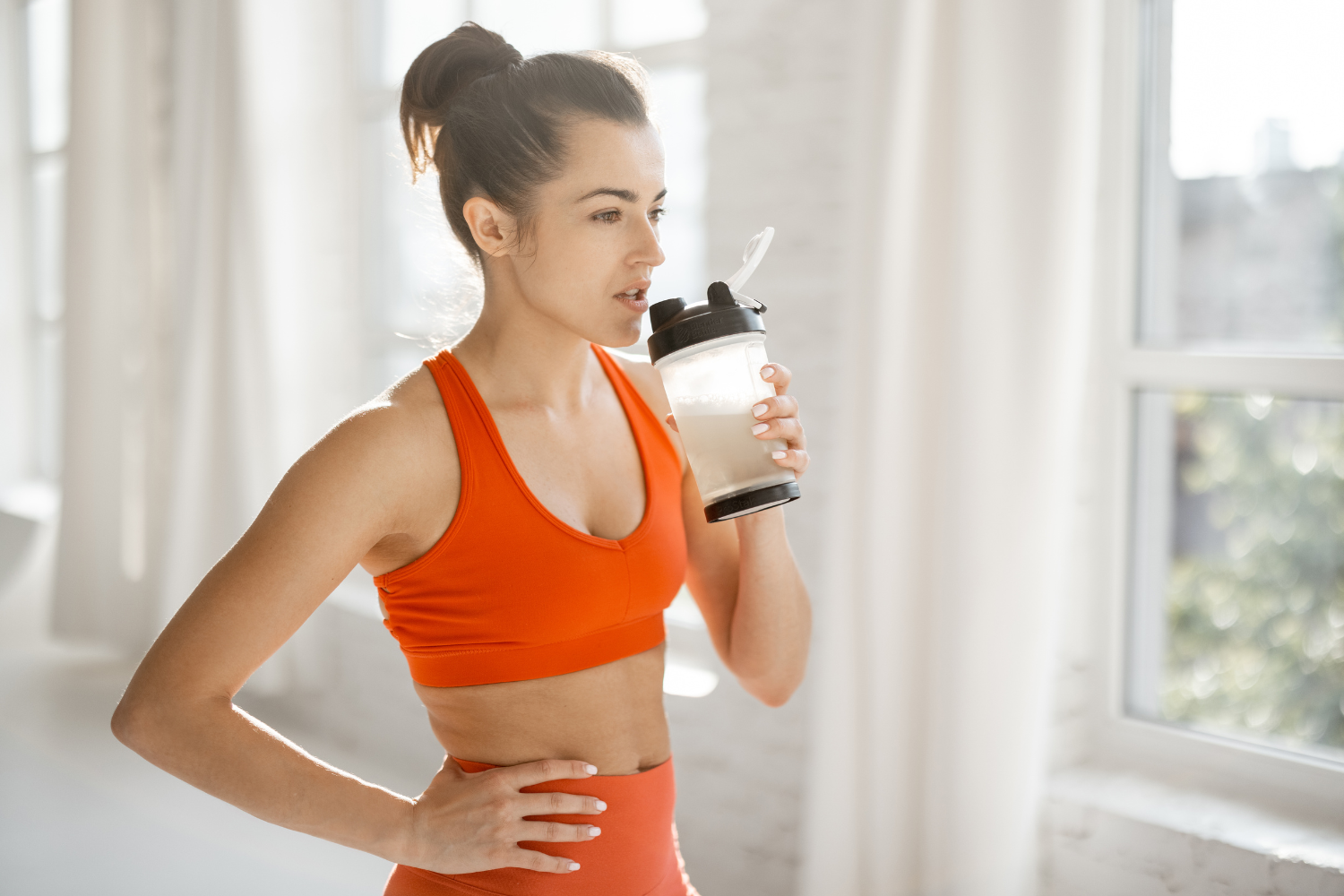
Common Myths About Low-Carb Electrolyte Drinks
Many shoppers assume all electrolyte drinks labeled “low carb” or “sugar free” are the same, but labels can be misleading. Some products marketed as keto friendly still contain hidden carbs, artificial sweeteners, or unnecessary additives that affect nutrition and hydration quality.
Myth 1: “No Sugar” Means Zero Carbs
“No sugar” on the label doesn’t always mean a drink is safe for a ketogenic diet. Some sugar free electrolyte products contain sugar alcohols, fruit powders, or thickeners that add carbs. Even small amounts may influence carb intake enough to impact ketosis in some individuals. Reading the ingredient list and checking for hidden carbs in drink mix blends is the best way to avoid surprises.
Myth 2: All Electrolyte Drinks Have Too Much Salt
Salt often gets blamed for cramps or water retention, but low carb and keto dieters usually need more salt, not less. Some research suggests that lower-carb diets can reduce insulin levels, which may influence sodium balance in the body. For these diets, getting the same amount of sodium as before, or even more salt, may help maintain normal muscle function and hydration, which can be important for people on low-carb diets.
Myth 3: Natural Flavors Are Always Clean
Natural flavors may sound healthy, but the term can cover a wide range of additives, including preservatives, citric acid, or stabilizers. Even in a lemon lime or fruit punch flavor, “natural” doesn’t always mean additive-free. Looking for products with simple ingredient lists, like whole foods flavorings and non GMO sources, helps you avoid hidden extras.
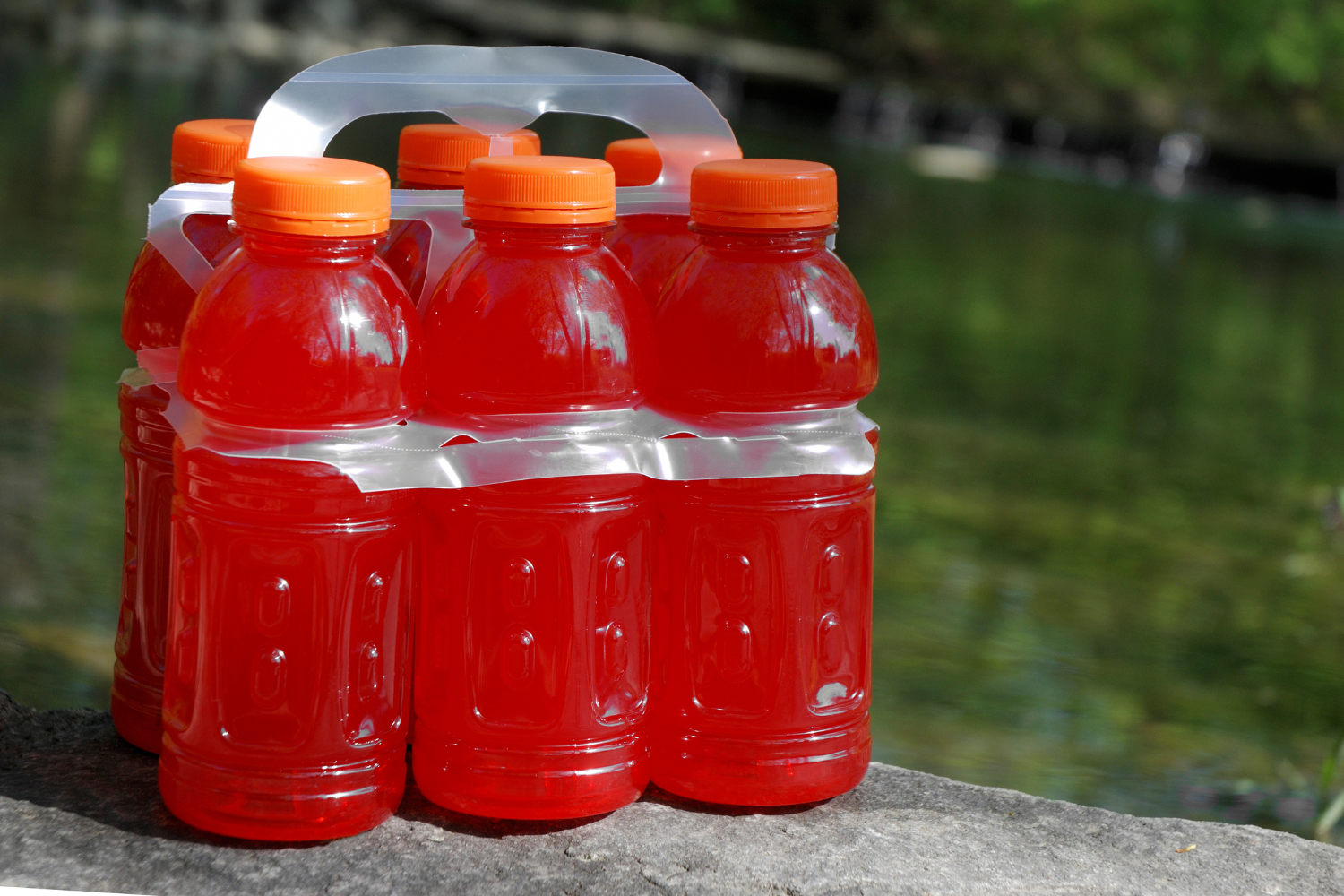
What Ingredients to Avoid in Low-Carb Electrolytes
Even products labeled as sugar free or keto friendly can include ingredients that affect carbs, blood sugar, or overall nutrition quality. Knowing which additives to avoid helps you choose a low carb electrolyte drink that truly supports your diet and health goals.
Sugars and Syrups That Can Spike Carbs
Some electrolyte drink mixes use sweeteners that can quickly raise carb counts and affect ketosis. These added sugars can also impact blood sugar control and work against weight loss efforts on a low carb diet.
-
Cane sugar
-
Agave
-
Corn syrup solids
-
Dextrose
Fillers, Preservatives, and Hidden Additives
Some budget friendly hydration powders use fillers or preservatives, and certain ones, like maltodextrin, can increase carb counts. Others may be included for texture, color, or shelf life. Even flavor enhancers in a lemonade or fruit punch blend can include these additives.
-
Maltodextrin
-
Citric acid
-
Coloring
-
Xanthan gum
Artificial Sweeteners to Watch For
Artificial sweeteners may keep calories and carbs low, but some people prefer to avoid them for taste, digestion, or long-term health reasons. They are common in zero sugar sports drink varieties and flavored drink mix products.
-
Sucralose
-
Aspartame
-
Acesulfame potassium
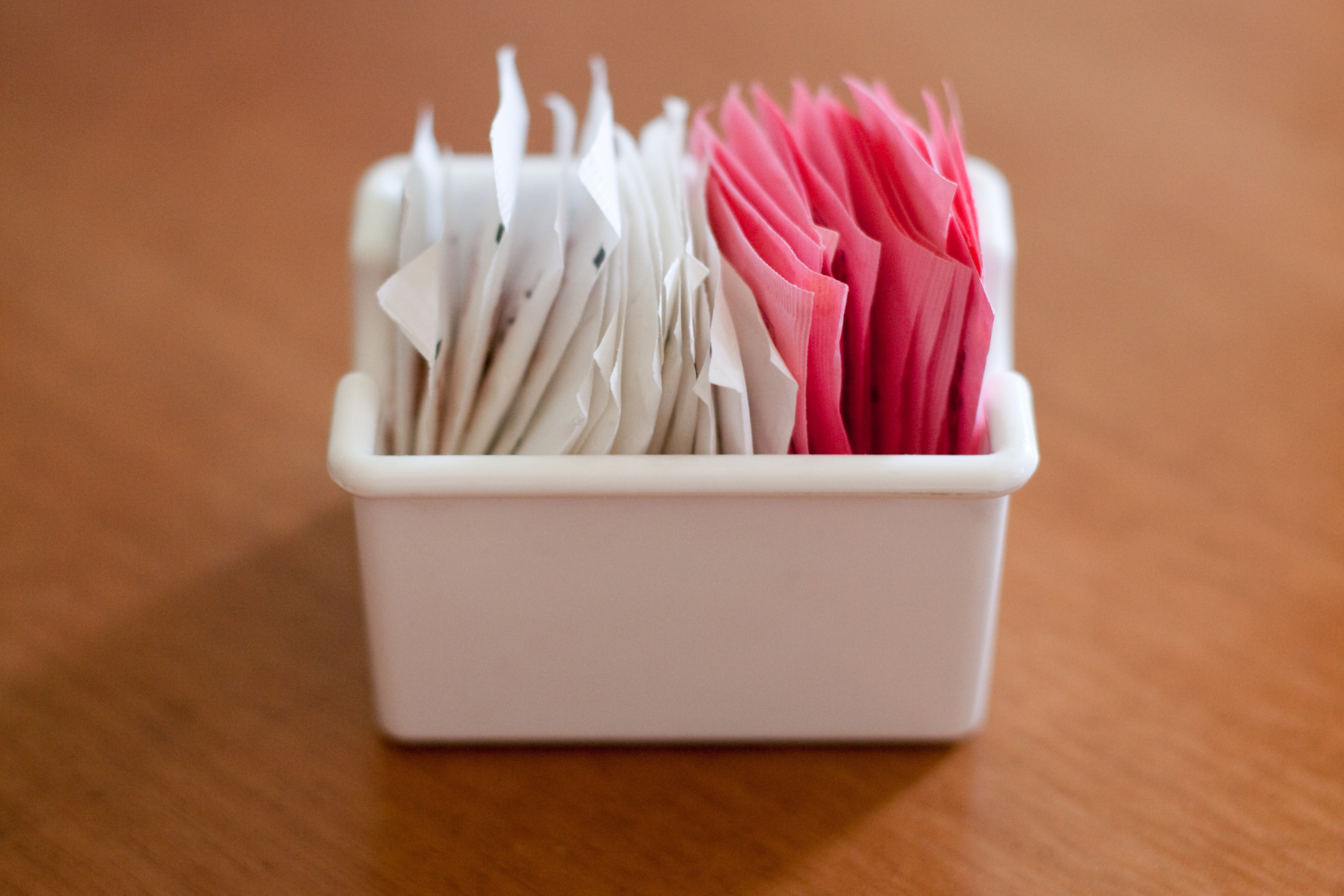
What to Look for in a Clean Low-Carb Electrolyte Drink
A quality low carb electrolyte drink should focus on replacing essential electrolytes without unnecessary fillers, artificial ingredients, or sugars. Choosing clean formulas can help you stay hydrated, support muscle function, and maintain energy during exercise or daily activity.
Must-Have Ingredients for Keto and Low-Carb Hydration
The best keto friendly electrolyte drink delivers the core minerals needed to support hydration and muscle function while keeping carbs to a minimum. Look for options with great electrolytes and no added junk.
-
Sodium, potassium, magnesium—without the junk
Best Formats: Drops, Capsules, or Powders?
Electrolyte supplements come in different forms, and each has its benefits. The best choice depends on taste preferences, portability, and how pure you want the formula.
-
Drops: Easy to add to a glass of water, good for quick adjustments in concentration.
-
Capsules: Portable, no flavor, great for avoiding additives in flavored drinks.
-
Powders: Often taste great, can include natural flavors, but check for fillers and sweeteners.
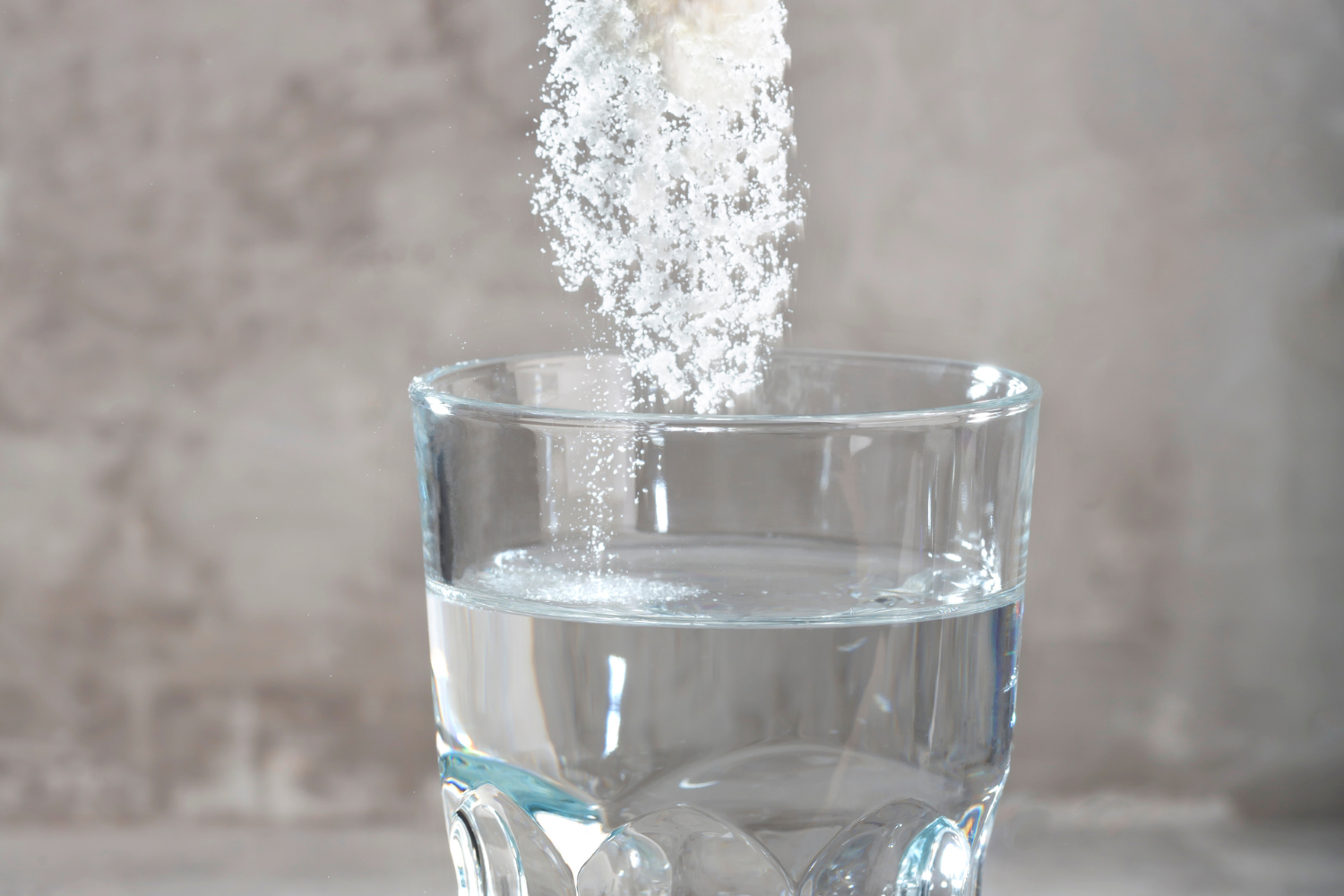
Choose Clean Electrolytes: Support Hydration Without Added Sugars
Low carb doesn’t always mean clean, especially when it comes to an electrolyte drink. Many products labeled as sugar free or keto friendly still include additives, artificial sweeteners, or fillers that can change the overall nutritional profile and taste.
Reading labels, understanding ingredients like sodium, potassium, magnesium, and avoiding unnecessary extras can make a difference in how your body responds. LyteLine's LytePow offers options with transparent, minimal ingredients so you can stay hydrated, support muscle function, and maintain energy without hidden carbs or unwanted additives.
Frequently Asked Questions
Are all sugar-free electrolyte drinks keto-friendly?
Not always. Some use hidden carbs or sweeteners that may contribute to carb intake, which could influence blood sugar response in some people.
Why do some low-carb drinks still list calories?
Natural flavors or mineral carriers may add small calories, even with zero sugar.
Do electrolyte powders contain carbs?
It depends. Some do, especially flavored ones with added fillers.
What’s the cleanest way to hydrate on a low-carb diet?
Many low-carb followers prefer mineral-rich water, unflavored electrolyte drops, or bone broth for hydration.
Can artificial sweeteners in electrolyte drinks cause bloating?
Yes, some people report digestive discomfort with artificial sweeteners like sucralose or sorbitol.
References
-
Englyst, K. N., Vinoy, S., Englyst, H. N., & Lang, V. (2003). Glycaemic index of cereal products explained by their content of rapidly and slowly available glucose. The British journal of nutrition, 89(3), 329–340. https://doi.org/10.1079/BJN2002786
-
Maughan, R. J., & Shirreffs, S. M. (2010). Development of hydration strategies to optimize performance for athletes in high-intensity sports and in sports with repeated intense efforts. Scandinavian journal of medicine & science in sports, 20 Suppl 2, 59–69. https://doi.org/10.1111/j.1600-0838.2010.01191.x
-
Sawka, M. N., Cheuvront, S. N., & Kenefick, R. W. (2015). Hypohydration and Human Performance: Impact of Environment and Physiological Mechanisms. Sports medicine (Auckland, N.Z.), 45 Suppl 1(Suppl 1), S51–S60. https://doi.org/10.1007/s40279-015-0395-7
-
Shirreffs, S. M., & Sawka, M. N. (2011). Fluid and electrolyte needs for training, competition, and recovery. Journal of sports sciences, 29 Suppl 1, S39–S46. https://doi.org/10.1080/02640414.2011.614269
-
Shrimanker, I., & Bhattarai, S. (2023). Electrolytes. In StatPearls. StatPearls Publishing. https://pubmed.ncbi.nlm.nih.gov/31082167/
-
Townsend, R. R., Kapoor, S., & McFadden, C. B. (2007). Salt intake and insulin sensitivity in healthy human volunteers. Clinical science (London, England : 1979), 113(3), 141–148. https://doi.org/10.1042/CS20060361

